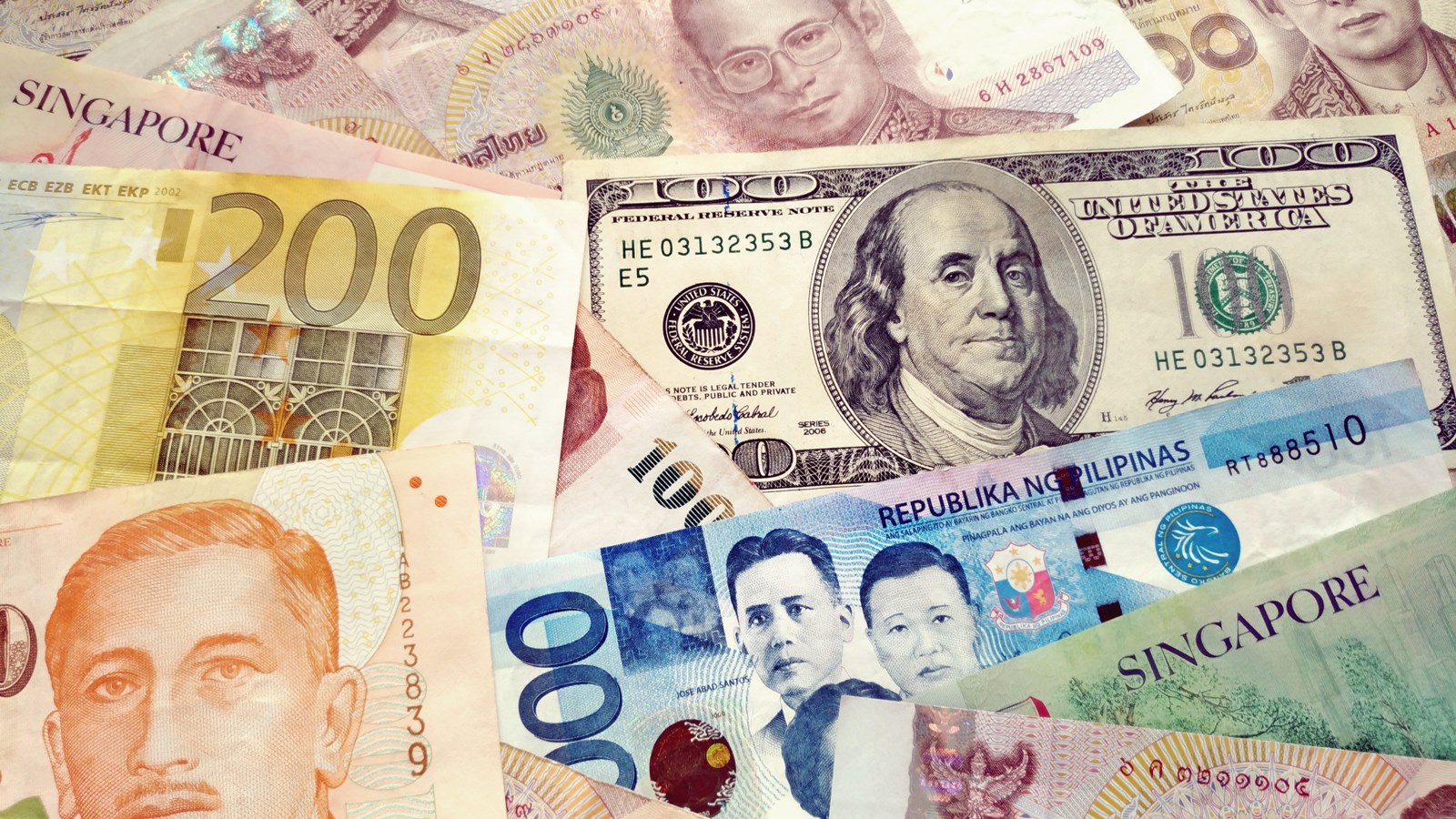According to the Press Release on the Economic and Monetary Conditions for January 2020 (Bank of Thailand), the Thai economy continued on a path of deceleration in January, contracting from the previous month in the value of merchandise exports excluding gold, manufacturing production, private investment indicators, and public spending.
Details of the economic conditions are as follows:
Exports declined 1.3% (excluding gold)
The value of merchandise exports expanded by 3.5 percent from the same period last year.
Excluding gold, exports value growth remained negative at 1.3 percent.
The continued contraction was due to exports of
1) Petroleum-related products such as chemical and petrochemical products, partly due to the slowdown in trading partners’ demand.
2) Agricultural products especially rice as a result of price competition from competing countries and supply affected by the drought.
3) Electronic products which turned into contraction from the high base effect last year. However, exports of electrical appliances and hard disk drive continued to expand thanks to the relocation of production base to Thailand in the previous periods. Also, exports of agro-manufacturing products continued to expand from sugar.
Tourist arrivals expanded 2.5%
The number of foreign tourist arrivals expanded a rate close to the previous month with 2.5 percent, mainly from the expansion in the number of Malaysian Russian and Hong Kong tourists as a result of Chinese lunar new year that came earlier than last year.
However, the number of Chinese tourists contracted due to the announcement of Chinese government to ban on outbound group tour since January 24, 2020 after the outbreak of coronavirus disease 2019 (COVID-19) in China.
Private investment indicators continued to deteriorate from the same period last year
The slowdown in domestic and external demand, the low capacity utilisation rate, and the fragile business sentiment led to the delay in business investment.
This was reflected by the continual contraction of investment in machinery and equipment from domestic machinery sales, and the number of newly registered motor vehicles, as well as import of capital goods which turned into contraction.
In addition, investment in construction contracted from both permitted construction area and construction material sales
Public spending, excluding transfers, continued to contract from both current and capital expenditures
Current expenditures contracted from purchases on goods and services and compensation of civil servants,partly due to the high base effect last year. Capital expenditures of central government continued to contract as a result of the delayed enactment of the FY2020 budget.
Meanwhile, state enterprise’s capital expenditures also contracted from disbursement of some energy-related and transportationagencies.
Private consumption indicators expanded at a slower pace from the same period last year, consistent with softening household income and consumer confidence, together with financial institutions’ tightening of credit standards after credit quality deteriorated.
Although farm income expanded well in this month, the outlook for this yearwas likely to besubdued because of the drought.
The deceleration in private consumption indicators was from spending on services although spending on non-durable goods slightly improved from sales of consumer goods after the decline in the previous periods.
Additionally, spending on durable goods less contracted from vehicle sales partly due to the benefit from the new car model launch. Consistently, manufacturing production contracted in line with softer domestic and external demand .
Source : bot.or.th








